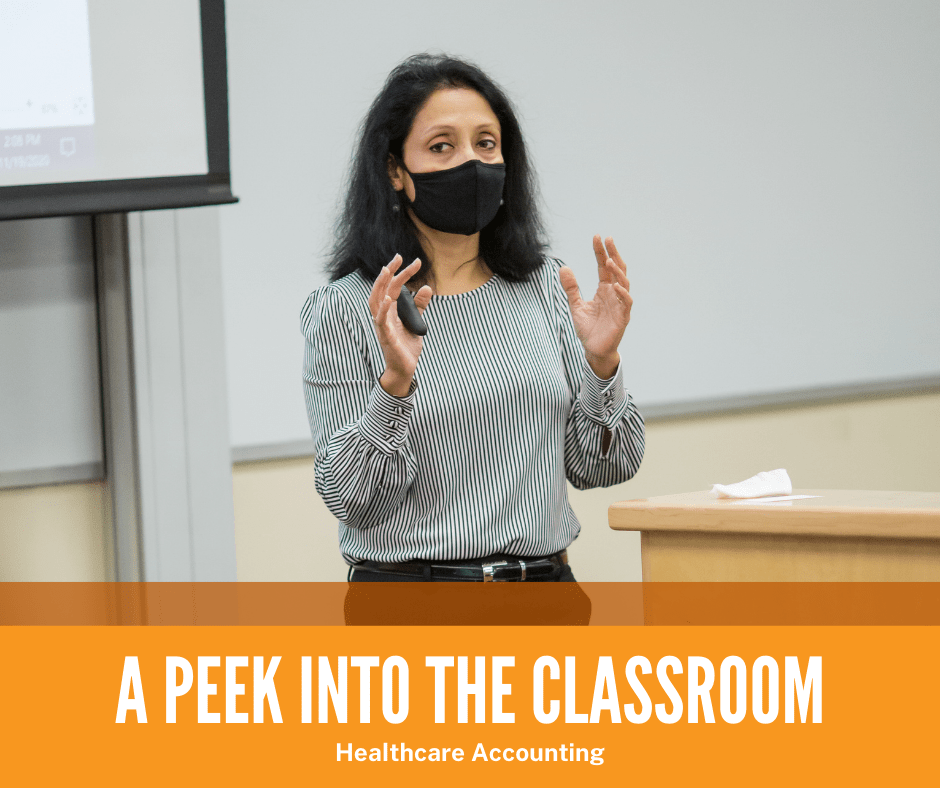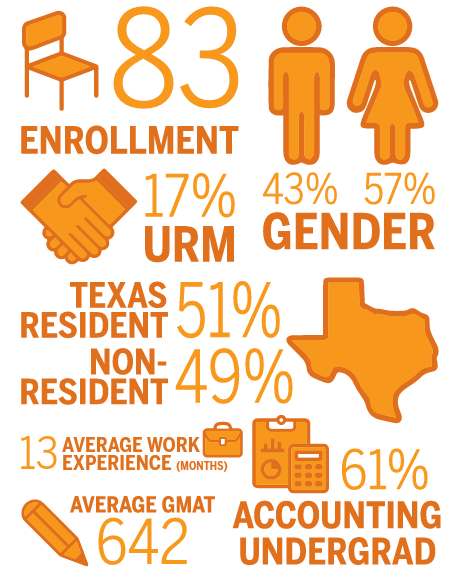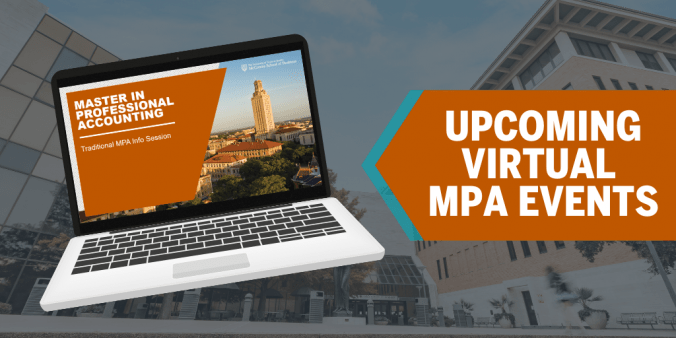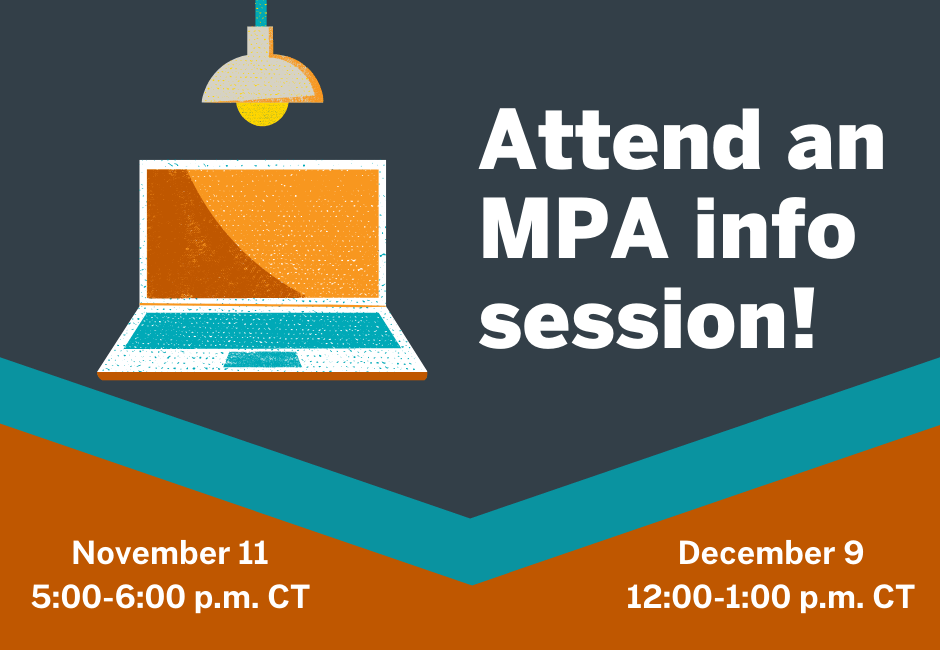Join us virtually on March 23 for the Master in Professional Accounting Faculty Open House as members of the MPA faculty will be present to speak about the courses they teach, the curriculum taught within the program, and career opportunities in their areas of expertise.
Please feel free to join the Faculty Open House for all two hours or you can join during the time(s) you’d like to hear from certain professors (see below).
Professors Who Will Be Present from 5:00 – 6:00 p.m. CT
 Patrick Badolato
Patrick Badolato
Financial Statement Analysis Course and Investment Banking/Consulting Topics
Patrick Badolato’s teaching expertise focuses on Financial Statement Analysis, a case-based class that moves away from generic ratios and metrics and towards critical thinking in an effort to use an array of financial information to understand the past and form well-motivated predictions for the future; Financial Accounting, a class that emphasizes the importance of accounting’s thoughtful and logical representation of business events; and Accounting Concepts and Research, a class that offers a deep dive into the business reasons and economic motivations behind accounting standards.
 Jeff Johanns
Jeff Johanns
Audit/Assurance and Its Importance in Financial Reporting
Jeff Johanns is an Associate Professor of Instruction in the McCombs School of Business at UT Austin. He is a former U.S. Assurance Risk Management Leader at PricewaterhouseCoopers (PwC) and a Certified Public Accountant licensed in Texas with more than 30 years of experience in public accounting and the private industry. His clients at PwC ranged in size from Fortune 500 public companies to private start-ups.
 Donna Johnston-Blair
Donna Johnston-Blair
Corporate Tax Course and Building a Portfolio of Tax Knowledge
Donna Johnston-Blair started her career at Arthur Andersen (in both Toronto and Denver) as audit staff and eventually became a tax manager. She also worked at Deloitte and Storage Technology Corporation before starting her own consulting practice and ultimately becoming a professor. She has taught across the United States and has been at McCombs since 2013. Donna was named a Texas Ten professor of the year in 2018.
Professors Who Will Be Present from 6:00 – 7:00 p.m. CT
 Jeff Hales
Jeff Hales
Environmental, Social, and Governance Course
Jeff Hales has taught financial accounting at all levels, and his research has appeared in multiple journals, including The Accounting Review, Journal of Accounting Research, Journal of Accounting and Economics, and more. He is currently an editor at Contemporary Accounting Research and an editorial board member of The Accounting Review and Accounting, Organizations and Society. He also serves as Chair of the Sustainability Accounting Standards Board, is a member of the Climate Disclosure Standards Board, and is a member of both the Financial Accounting Standard Board’s Financial Accounting Standards Advisory Council and the UK Financial Reporting Council’s Future of Corporate Reporting Advisory Group.
 Nick Hallman
Nick Hallman
Analytics Course
Nick Hallman is an Associate Professor at the McCombs School of Business with a focus in audit. He received his PhD from the University of Missouri-Columbia and is a member of the editorial board for both The Accounting Review and Auditing: A Journal of Practice and Theory. This fall, he will teaching a data analytics course at UT Austin tailored specifically for Master in Professional Accounting students.
 Mallary Tenore
Mallary Tenore
Writing Skills Course
Mallary Tenore is a lecturer at The University of Texas at Austin’s School of Journalism. She’s also the Associate Director of the Knight Center for Journalism in the Americas at UT Austin. In 2013, she was named one of the top 50 female innovators in digital journalism. Mallary’s articles and essays have been published in The Washington Post, The Dallas Morning News, Austin Moms Blog and more. She will teaching a writing skills course for Master in Professional Accounting students in the fall of 2022.
Sign up to meet these professors and explore the classes you can take as an MPA students! We’ll see you on March 23!



 David Elliott, MPA ’22
David Elliott, MPA ’22 Renee Hoekstra
Renee Hoekstra Enrique Munguia, MPA ’22
Enrique Munguia, MPA ’22 Karin Schultz, MPA ’16
Karin Schultz, MPA ’16 Garrett Shuffield, MPA ’18
Garrett Shuffield, MPA ’18
 Patrick Badolato
Patrick Badolato Jeff Johanns
Jeff Johanns Donna Johnston-Blair
Donna Johnston-Blair Jeff Hales
Jeff Hales Nick Hallman
Nick Hallman Mallary Tenore
Mallary Tenore




 Kashif Ali, MPA ‘22 – Current Student
Kashif Ali, MPA ‘22 – Current Student Marie Chhiber, MPA ‘22 – Current Student
Marie Chhiber, MPA ‘22 – Current Student Chad Clark, MPA ‘09 – Director of Financial Markets, PwC
Chad Clark, MPA ‘09 – Director of Financial Markets, PwC César Guerra, MPA ‘06 – Sr. Director-Process Excellence, Aon
César Guerra, MPA ‘06 – Sr. Director-Process Excellence, Aon Katy McNey, MPA ‘11 – Sr. Manager, KPMG
Katy McNey, MPA ‘11 – Sr. Manager, KPMG
 GRETCHEN CHARRIER
GRETCHEN CHARRIER STEVE GOODSON
STEVE GOODSON DONNA JOHNSTON-BLAIR
DONNA JOHNSTON-BLAIR JOHN McINNIS
JOHN McINNIS